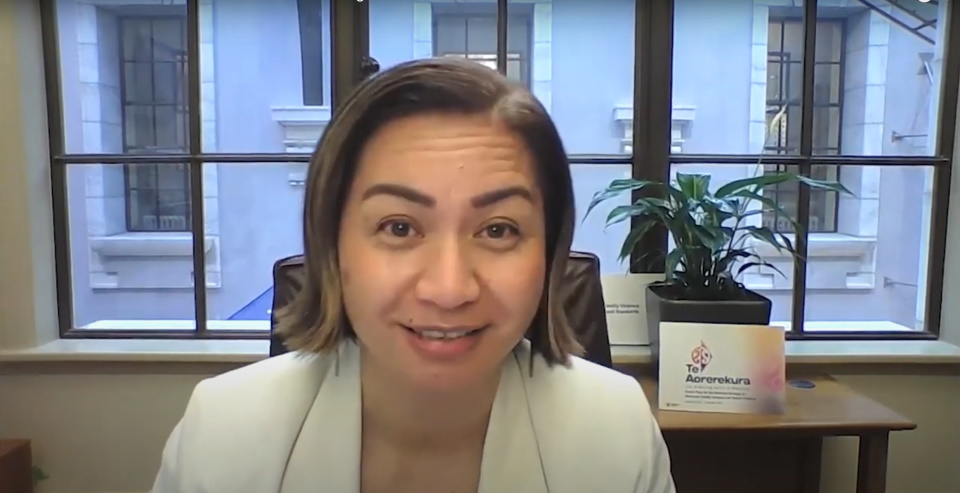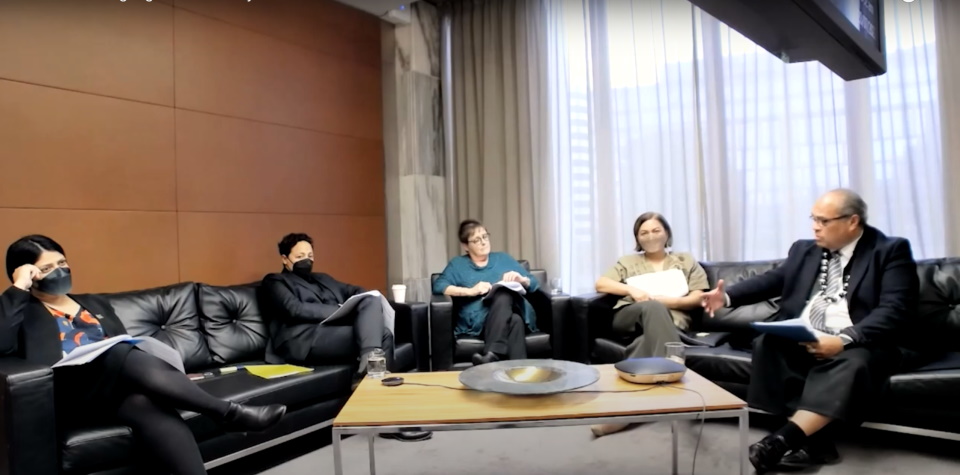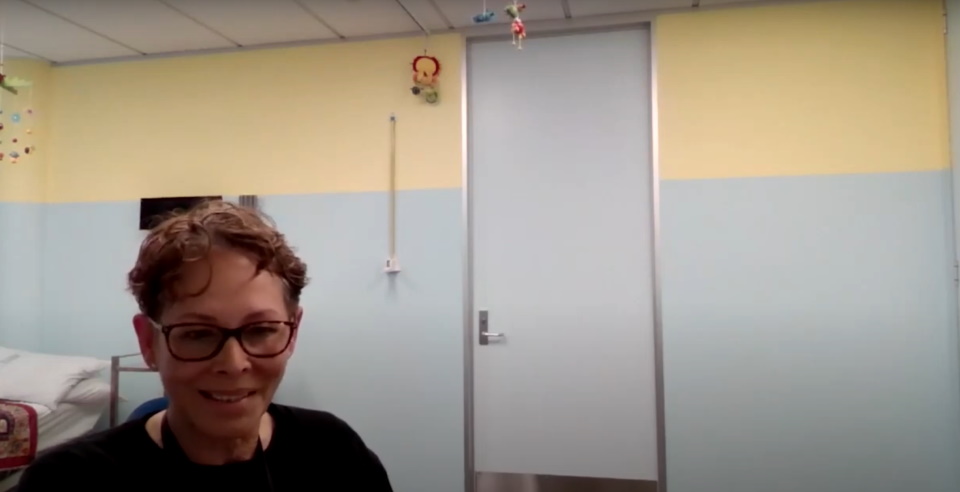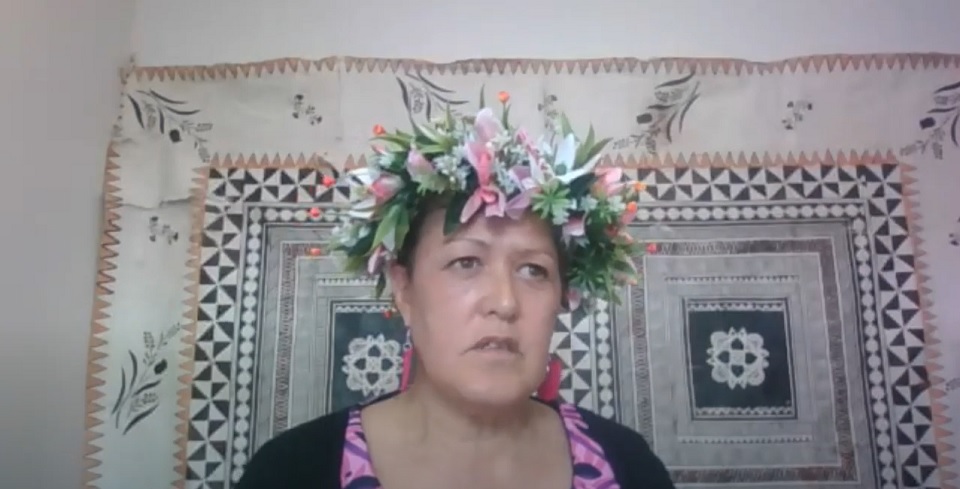TE AOREREKURA - A STEP IN THE RIGHT DIRECTION
The next step in the Government’s National Strategy to Eliminate Family Violence and Sexual Violence has taken place. Te Aorerekura is a 25-year initiative recognising that a range of social conditions contribute to violence. With that in mind a two-day National Hui took place at the end of July bringing together government, tangata whenua, communities, and specialist sectors.
In her opening address, the Minister of Prevention of Family and Sexual Violence, Hon. Marama Davidson, described the Hui as “a massive milestone”.
(Click on image to view Marama Davidson : Our collective action for wellbeing - Te Aorerekura Hui 2022)
She said Aotearoa was the first nation to see the light of the world each day, yet its policies and systems left many people living in the dark.
“We don’t have all the answers, or even all the pathways, but the Hui is an opportunity to have a collective assessment of how we are going,” she said.
Her comments were supported by the Minister for Pacific Peoples, the Hon. Aupito William Sio.
Sitting on the panel discussing family violence and sexual violence, the Minister said that particular issue was “a scourge on our communities” which had the potential to pull down the strengths of Pacific communities and do irreparable harm. He said it wasn’t helped by the fact that nobody liked to talk about family violence and sexual violence.
“My call has been consistently to our church leaders, our family leaders and our men, that they must take the lead and acknowledge that this is a health issue as well as a justice issue,” he said.
“It’s not easy bringing agencies together, but the Te Aorerekura strategy commits everybody to work in that space. There’s a lot going on in our communities, but it does require consistent and determined resourcing because the communities have the answers. I believe our role as government is to provide the wrap-around support and resources.”
(Click on image to view - Ministers working together on family violence and sexual violence - Te Aorerekura Hui 2022)
During discussion of the topic focusing on children and young people, a question was asked on what was needed to provide parents with the necessary resources to be able to nurture children peacefully and positively.
Dr Teuila Percival, who works in a number of areas, including the Emergency Department at Middlemore Hospital, said parents needed practical help.
“I’ve been doing this work for decades and see all kinds of children including severely abused children, including children who have been killed and I’ve yet to meet a parent that didn’t love their child, and what gets in the way is all the stuff, the parents abuse, the poverty, the drugs and alcohol,” Dr Percival said.
“There’s no point sitting down doing a parenting course if you’re going back to a one-bedroom flat with five other people and you’ve got no money in your house. We need to first do what we can to value the job of being a parent and reduce the stress of not having enough (stuff) to be able to look after your kids. I think our everyday universal health system is available to support parents, but we don’t tend to do that. We tend to focus on measuring and doing checks and filling out lists.”
She said one of the issues was that the time wasn’t taken to build relationships with families and “walk the journey” with them.
“I’m a person who is interested in reorientating a lot of what we do in health so it’s relationship-based instead of context and list based, and we could do a lot to help parents if we had that universal, simple to access, system,” she said.
“Whatever happens for children we need not forget that we’re doing what we need to for children, and that there’s a family around their child. That family might need work, counselling, and support and for that child that family is always their family, mum and dad are always their mum and dad no matter what they’ve done, children will still identify with that mum and dad and family. I’d like us not to forget that there’s a family that needs help as well.”
(Click on image to view - A focus on children and young people - Te Aorerekura Hui 2022)
Later in the hui, the question of ensuring responses were tailored for specific groups was tackled.
Marina Ieremia of the K’aute Pasefika Trust, which provides Family Wellbeing and Family Violence Prevention programmes, integrated safety response, community connectors and Whānau Ora programmes to help Pacific families achieve their aspirations, said it was not always easy to build those relationships when people are coming from a really dark area where the belief has been for so long has been to keep it silent.
But it could be done, she said, by working and building trust and creating a safe place.
“Identify who is in your family circle and identify those needs, goals, challenges and allow them to tell their story and actively listen.”
(Click on image to view - Mobilising communities - Te Aorerekura hui 2022)
Another participant in the Hui was Emeline Afeaki-Mafile’o, the founder and executive director of Affirming Works and based in South Auckland for the past 21 years.
She told the Community Change forum that at the moment they were only “scratching the surface” in how they specialised in healing communities.
“Often we are adapting and adopting some kind of protocol or language, but we do not understand how to work in the community because these are generational concerns,” she said.
In response to the question of what needed to be done to build trust with the Government and what needed to be done for people who felt marginalised or isolated to encourage them to report violence, Emeline said the solution was straightforward.
“We do not have enough feet on the ground, so we need to find ways to better support our communities,” she said.
“We should not just be a voice, but part of the solution. We need good, courageous leadership.”
(Note: The Community change panel discussion was not made available on the Te Puna Aonui YouTube channel)
CLICK HERE through to the Te Puna Aonui YouTube channel to view Te Aorerekura Hui
Pasefika Proud’s Pathways for Change
Launched in 2019 it set the priorities and thinking culminating in the Pathways for Change 2019-2023 framework.
Pasefika Proud recognises the inherent value in culture as a foundation for family strength and transformation. The Pathways for Change framework acknowledges the diversity within our wider Pacific population and the need for ethnic-specific approaches. It also created an overarching framework to umbrella this work.
This prevention work is also making a valuable contribution to the government’s cross agency Joint Venture and the development of a National Strategy for the elimination of family and sexual violence.
Pasefika Proud’s Pathway for Change fits broadly within the Te Aorerekura National Strategy and is specifically referenced in SHIFT THREE (Skilled, culturally competent, and sustainable workforces) and SHIFT FOUR (Investment in primary prevention).



